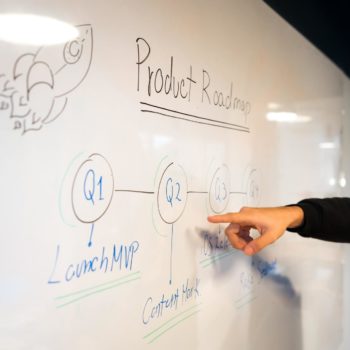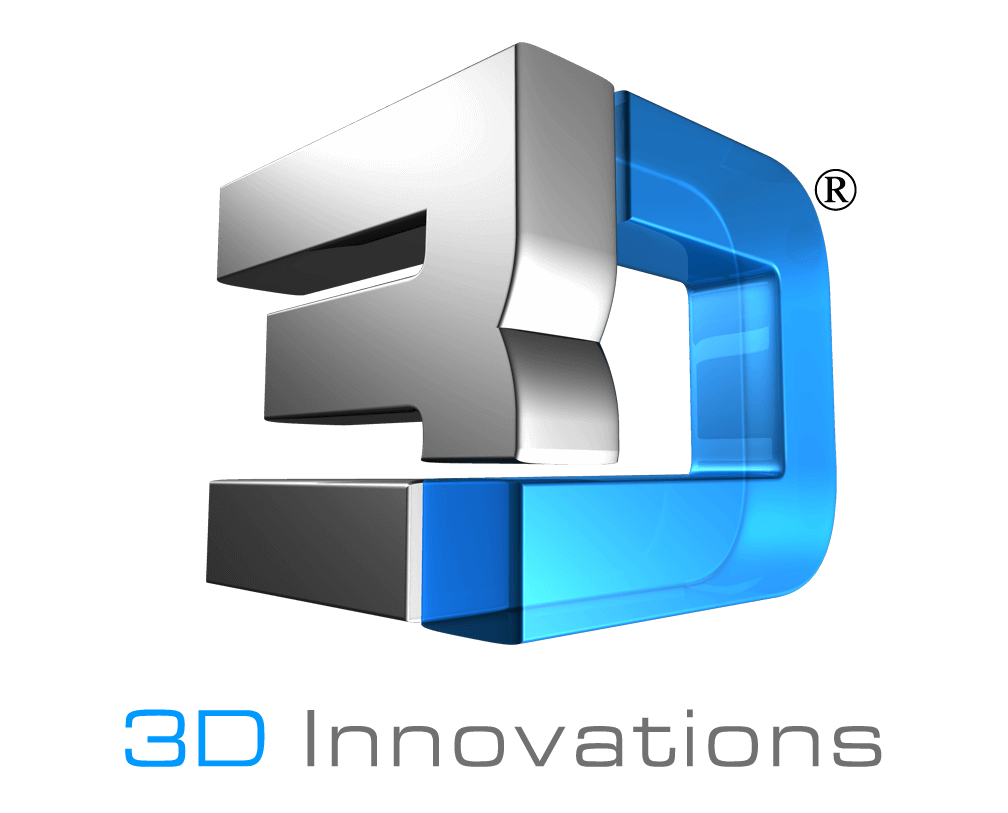 Intellectual property is, in essence, the backbone of a startup. A solid IP strategy protects a business’ original ideas, designs, inventions, and creative works. It is a means to protect what you have created from copycats. Today, information is more accessible than ever, which means that safeguarding your startup’s IP is vital to its success.
Intellectual property is, in essence, the backbone of a startup. A solid IP strategy protects a business’ original ideas, designs, inventions, and creative works. It is a means to protect what you have created from copycats. Today, information is more accessible than ever, which means that safeguarding your startup’s IP is vital to its success.
Below are five ways you can secure your startup’s IP:
Trademarks
A trademark is anything that represents your specific brand in the marketplace. The most common trademarks are business and product names, logos, and slogans.
When selecting a trademark, check with the U.S. Trademark Office for prior registered trademarks, as well as prior unregistered trademarks. Unregistered trademarks may enjoy “common law” trademark rights that could preclude your use of a similar trademark and impede your attempt to register your own trademark. (Experian) Trademarks can even be filed for prior to use, in what is called an “intent-to-use” filing. This will give you a distinct advantage over competition because your startup will have an earlier filing date.
Copyrights
Copyright applies to the protection of tangible and intangible creative works. You own the copyright the moment you create something if you did not register it. However, it will be easier to validate your ownership, especially in a legal dispute, if you take your time to register your work. (Copyrighted)
Copyright protections will not protect a product idea but more specifically how an idea is expressed. For copyright protection, you must file an application with the U.S. Copyright Office.
Design Patent
A design patent focuses on the exterior design, features and overall aesthetics of the product. Design patents extend to what is exactly shown in the line drawings, nothing more. For this reason, some products may require multiple design patents. Each design patent would cover a specific physical feature of the product.
Having high-quality professional line drawings by a CAD designer is extremely advantageous. With a design patent, you are able to use the coveted phrases, patent pending and patent issued on all marketing material, and have confidence that your invention is protected for the next fourteen years. There is also speed with design patents that utility patents lack. It can take a mere six to nine months to obtain a design patent, while utility patents take years.
Utility Patent
Utility patents, commonly referred to as ‘patents for invention’, are the patents that first come to mind when thinking about IP protections. Utility patents focus solely on the inner workings of your invention, its unique functions and overall usefulness. While a utility patent is harder to get than a design patent, it offers better coverage because of the protections built into the patent system.
According to the United States Patent and Trademark Office, 90% of the patent documents issued by the USPTO in recent years have been utility patents.
Here in the United States, we have a “first to file” system which means that the first person to file a patent application may have the rights to that invention. It is advantageous to file a provisional patent application if you plan on filing for a utility patent in order to secure your filing date. Provisional patent applications are more informal and provide a one-year extension to filing your nonprovisional patent application.
Non-Disclosure Agreements
Often your business will have proprietary information and trade secrets that you do not want leaked to the public. In order to keep this information secure, non-disclosure agreements need to be signed by employees and third-party contractors. An attorney will be able to help you draw up a non-disclosure agreement to protect your startup from information leaks and copycats.
Intellectual property for startups is a huge part of commercializing a product idea. With a strong IP strategy, you will have confidence that your product and startup will be legally protected in the marketplace. We highly encourage you to consult with an experienced patent attorney early-on in the product development process.
______
3D Innovations is a Product Development Company – from the 3D Design to a fully functional 3D Prototype & Product.

